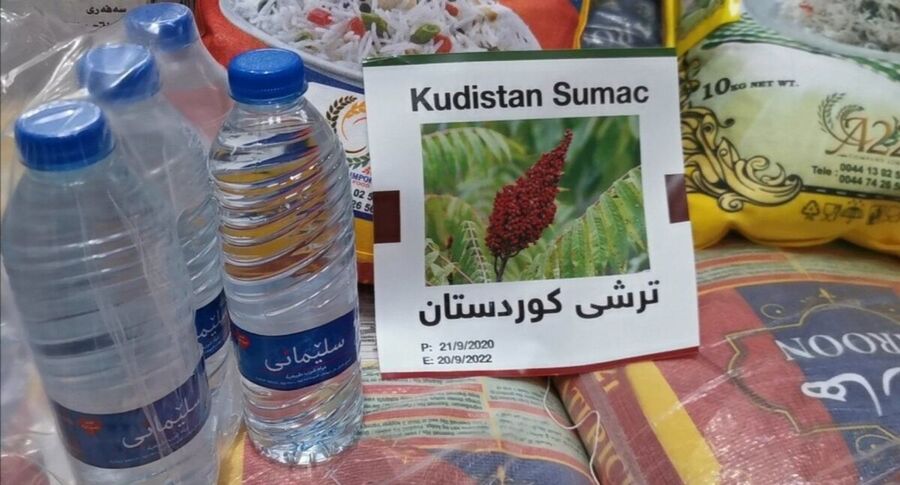Hani
The Food and Beverage Industry and Textile Industry
Food production is a set of industrial practices and processes, aimed at providing a variety of food industries for society, and it is a set of processes of changing ready-made foods relying on some production processes to safe foods, as long as it lasts the longest after people learned how to protect food from fungi, bacteria and degradation and bad smell due to climate change.
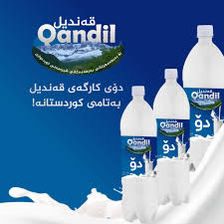
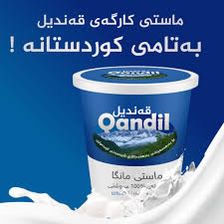
In the Kurdistan Region, in the early 1970s, several factories such as (the sugar and cigarette factory in Suleimani, the cigarette factory in Hawler, the carbonated drink factory, and the mineral water in Banikhelan) were established, but later these factories were closed off by the Iraqi government during 1980s and their equipment was transferred to Baghdad. In Koya City, there were many small industries such as dairy products, carbonated drinks, mineral water, flour, bread, ice, sunflower oil, and several other factories, but soon they were closed. However, the carpet factory in Koya City continues to produce carpets, small and medium-sized rugs, and sometimes large ones. In Ranya City, dairy and doogh products are being produced. There are also other industries such as fish, crop production, potato chips manufacturing, and several other food industries.
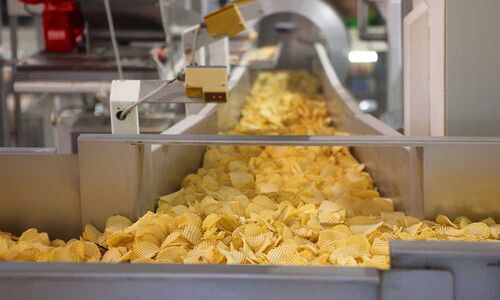
From 2006 to 2011, Duhok Province recorded the highest level of production in their small and medium-sized factories to a degree of 13.86% and 10.1%. in 2015, this record reached 22% to 10.59% but later in 2017, Hawler (Erbil) Province recorded 10.2 % in their small factories and Duhok Province recorded 8.7% production in their medium-sized factories. This city possesses several beneficial factories such as hamburger production factories and many other kinds of food factories. Suleimani City also possesses several large factories.
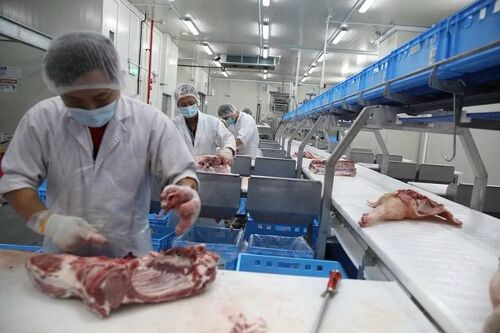
According to statistics in the Kurdistan Region, there are four thousand and 100 industrial factories of which 377 are dedicated to the food industry where 6200 workers work and provide food for local needs. The statistics show that the share of the food industry in the entire industrial sector in the Kurdistan Region has exceeded 9%.
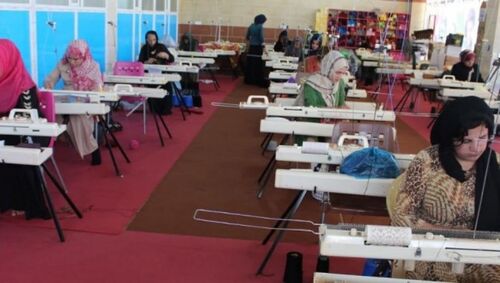
The textile sector is considered the oldest sector in the Kurdistan Region which initially emerged in a primitive way, but later, especially in the 1970s, many large and modern factories and institutions were established in the region, most of which were partially closed due to the lack of raw material and old equipment. They are:
1. The textile factory of wool in Hawler.
2. Hand-made carpet factory in Hawler.
3. Clothing factory in Suleimani.
4. Kurdish clothing factory in Duhok.
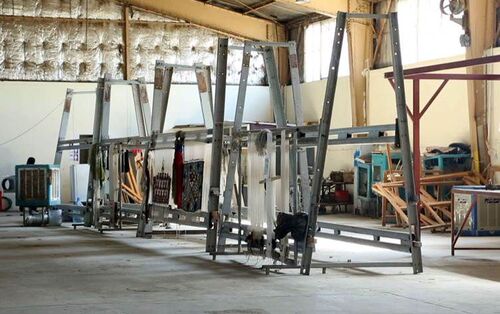
The industrial sector is a strong supporter of the domestic product. The total investment in this field in the Kurdistan Region is 33.50%, which is a high percentage compared to other fields. The Kurdistan Regional Government makes it very easy for those who want to invest in the Kurdistan Region so that local food products can be used to meet local needs.
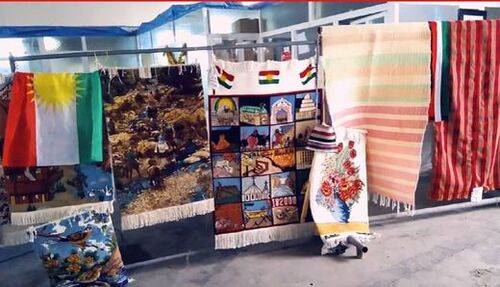
However, it is necessary to regulate customs to bring raw materials to the factories in order to improve this sector and try to take advantage of the local raw materials for the factories that the Kurdistan Region possesses.
Today, the Kurdistan Region is growing gradually in the field of industry and the development of local products. The number of small, medium, and large factories is also increasing every day.

